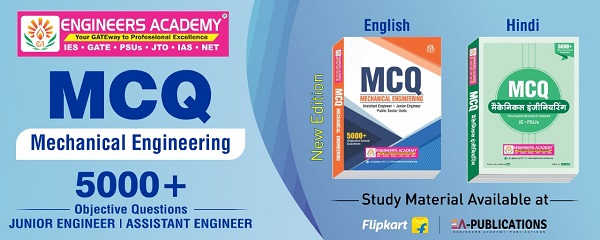Complementing retirement is increasingly important to be able to enjoy a moment of retirement from work with a better quality of life. The problem that many Spaniards encounter is how to do it. In Spain you do save, the problem is that its financial culture is very different from that of other countries in our environment:
there are few final savings -for retirement- and a good part of the family assets
are focused on buying a home.
Thus, at retirement age,
more than 9 out of 10 families have a home that has already been paid for and even 4 out of 10 have more than one property. This home thus becomes a tool with which to obtain this supplement for retirement and it does so with different options, one of which is the reverse mortgage. Be careful, let’s not confuse conventional
mortgages with reverse ones, below we explain what they consist of.
What is a reverse mortgage?
The
reverse mortgage, as its name suggests, is still a loan whose guarantee is a property -mortgage guarantee- but in which, unlike a normal mortgage, no payments are made, but what is received is a collection.
This difference is reflected in the fact that the debt does not decrease over time, on the contrary, it increases. When the time of death arrives, the heirs of the property will be the ones who decide to assume the debt and thereby maintain ownership of the home or, on the contrary, not accept the debt and assign ownership of the property.
The fundamental requirement is that
whoever contracts the reverse mortgage can be over 65 years of age or have a disability equal to or greater than 33%, severe dependency, or great dependency. It can be done on the main residence but also on any other property in which you are the owner. Finally, you can choose to collect a capital at the time of signing or the most common and how the payment of a life annuity has been marketed and continues to be marketed in Spain.
What does this mortgage offer?
These characteristics define its main advantages:
- Convert an illiquid asset like a home into regular payments.
- It does not entail the loss of property, you can continue living in your habitual residence until death.
- The heirs are those who are free to assume that debtor to give up the property simply by not accepting it.
Disadvantages of the reverse mortgage: amount, duration, and insurance
The main problem that makes many reverse mortgage transactions unfeasible is the amount to be collected. On many occasions
there is a great discrepancy between the value of the property that is mortgaged and the regular income that is received, being for many a small and insufficient amount.
This essentially occurs for two reasons. The first is because the equivalent of the total value of the home is not delivered. Like a mortgage, it
is very strange that they finance you 100% of the value, and the most normal thing is that they grant you 80% at most, the same thing happens in reverse. Moreover, this percentage is usually higher and, strangely, they grant you more than 70%.
The second is that in most products
insurance is added to guarantee if the total value of the home is consumed, a life annuity that guarantees payments once the rent is consumed. This insurance is paid as a single premium and its high amount is charged at the beginning of the operation, subtracting from the money to be delivered for the reverse mortgage.
Discounting the insurance payment and the percentage that is not delivered, the result is that a large majority of the properties, due to their value, are not interesting due to the small income they receive in exchange and
only those homes with a higher value are interesting.
what do you have to analyze?
Although the current offer is scarce, it is a product that will surely grow in these years. Its main advantage will continue to be
obtaining an income without having to abandon the home for sale, even if it has tax advantages.
But for it to be beneficial, two key points must be taken into account: the concession and the optional recovery of the home by the heirs. In the first point,
it is essential to study that the income to be received is adequate and to analyze the costs very well, especially that of insurance.
Converting these charges into perpetual is a fundamental point, but you have to determine what their cost is and especially the date on which the payment of the rent from the property ends and when the insurance does. Before the first one ends, the greater the insurance to be paid. For all this,
periodic payments and terms must be balanced. Lastly, it is also important that the heirs of the mortgaged party are aware of the existence of this product. Of course, there is no obligation, but it avoids possible future conflicts.




